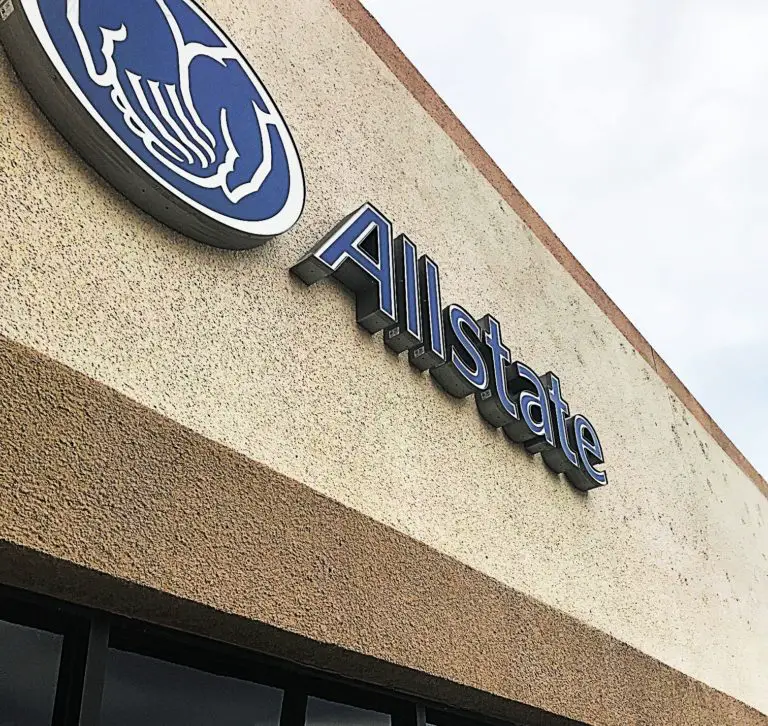The 5 Biggest Risks of Investing in Viatical Settlements
When people think about diversifying into investments that aren’t tied to the stock market, viatical settlements are usually on that list. Viatical settlements involve an investor purchasing the life insurance policy of some other random person they do not know. The investor pays the policy owner money up front; they receive their original investment plus profit in the form of the death benefit check when the insured person dies.
For the policy owner, it is a way to get paid right away and to receive more than the surrender value of the policy. For the investor, they will lock in a profit at some point in the future when the insured person dies. That event (the person’s death) should be completely uncorrelated to the ups and downs of the stock market. Done properly, the investor should achieve a return in excess of 10% with diversification to boot.
Viatical settlements may sound great on the surface but they present a lot of unique risks. Here are a few of the larger ones:
- Management Risk – It is hard to do this type of investing directly so most people invest in viatical settlements through funds. The fact that you pay for the investment up front and then and sit and wait for years before receiving a return attracts some American Greed types that steal or mismanage investor funds. There have been a large variety of scams that have been originated in the last 20 years under the premise of providing safe access to the viatical settlement market.
- Life Expectancy Risk – People live longer as time goes on and medicine always improves. For instance, HIV/AIDS used to be a quick death sentence; there are so many breakthrough drugs that plenty of people like Magic Johnson has lived with the condition for 25+ years. Also, while most viatical settlements involve whole (permanent) life policies, if you invested in a term (temporary) policy, if the insured person outlived the term, your policy would be rendered worthless.
- Follow-on Investment Risk – some life policies are fully paid for, but many require you to continue to pay premiums for many years (or all the way up to the death of the insured). If you calculate the life expectancy wrong or if you don’t budget future payments properly, you could be in a position where the policy could lapse.
- Litigation Risk – since you are often buying the policy from an older person that may have health problems, you expose yourself to risks that the insured person or their heirs could allege you took advantage of that person, even if it has no basis in fact. They could sue claiming the person had dementia, diminished capacity, etc. A family member could have been expecting the life policy to pay them a large inheritance. If the insured person died right after the viatical settlement, they could accuse the investor of receiving an unconscionable windfall; some courts or state attorneys general could be sympathetic to their arguments.
- Regulatory Risk – the viatical settlements industry is facing increasing regulation from various states, FINRA, and others. An investor that did not provide all the necessary notices or did not have proper licensing could face penalties or potential loss of ownership of the life policy. The viatical settlements industry in general has a negative stigma.



